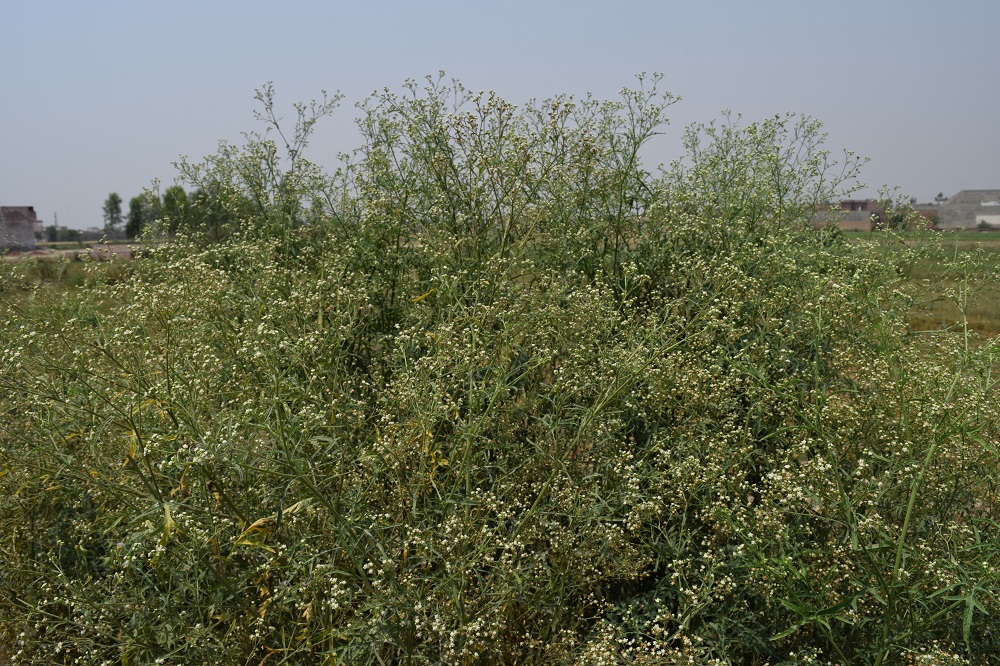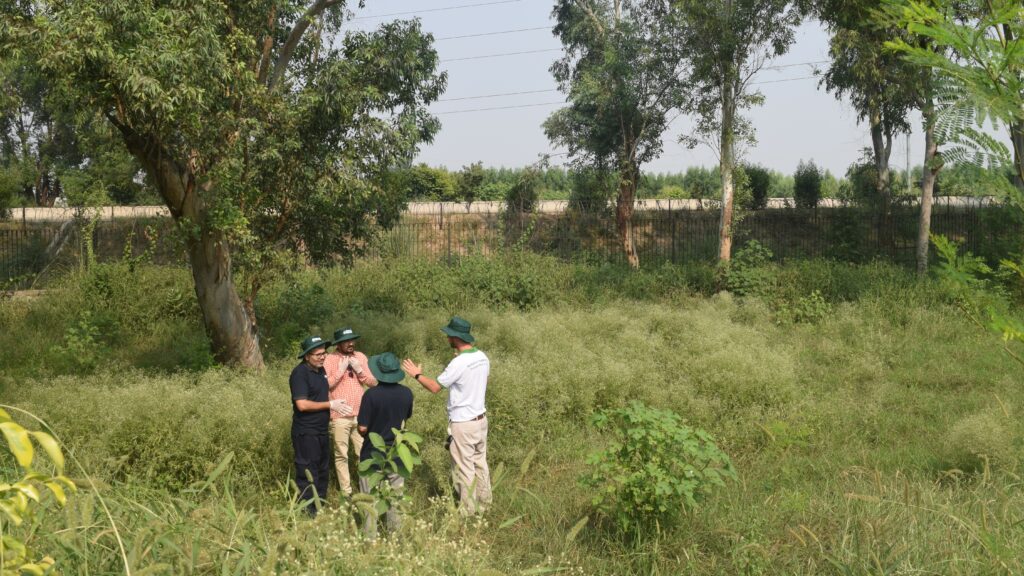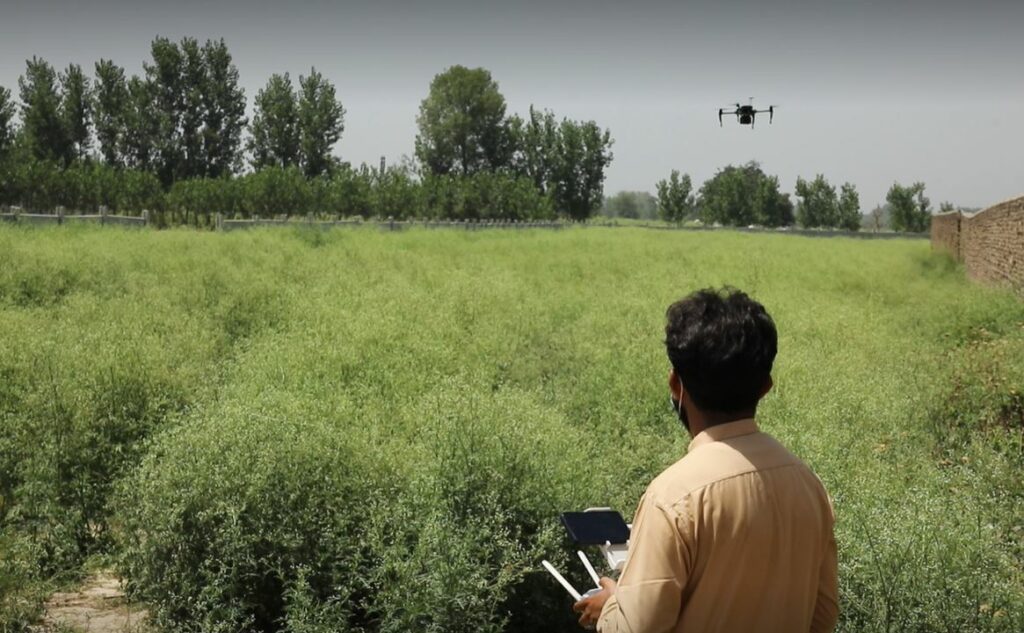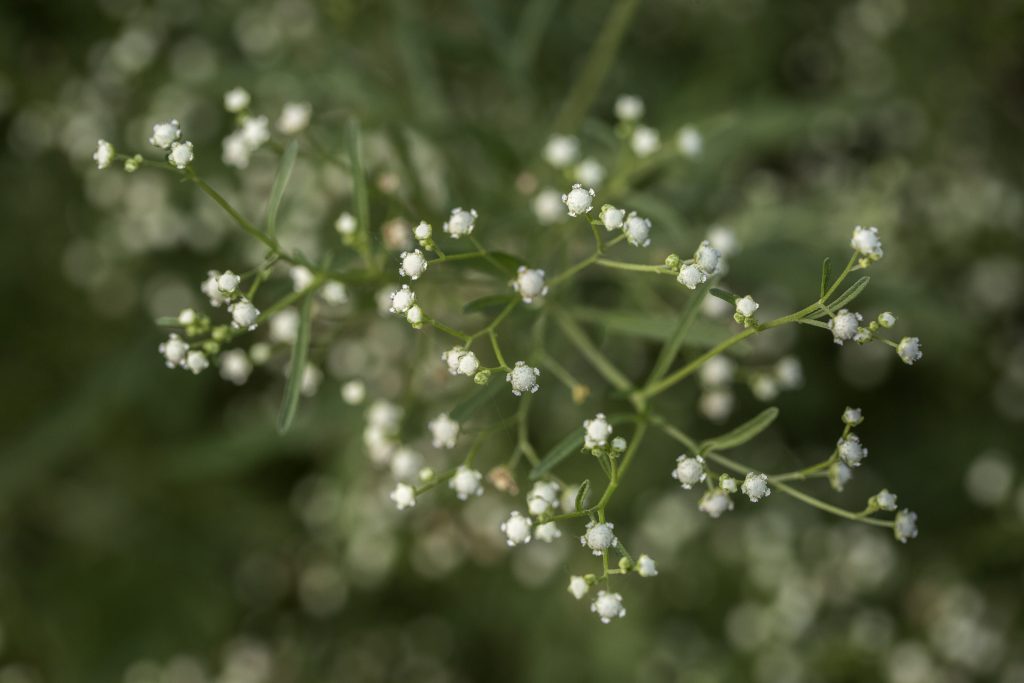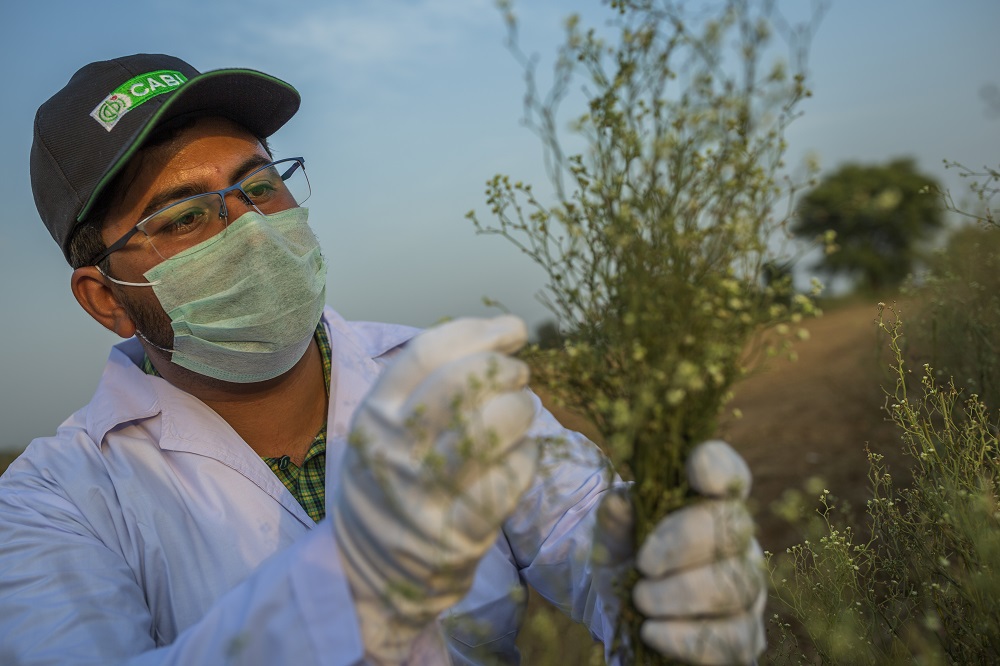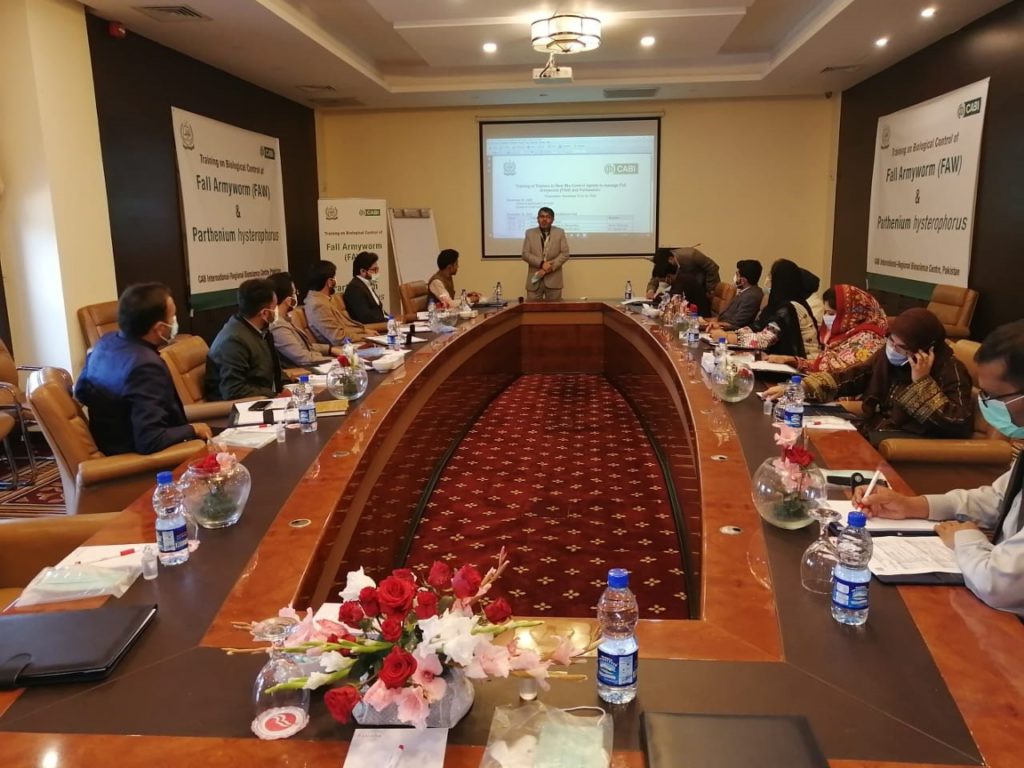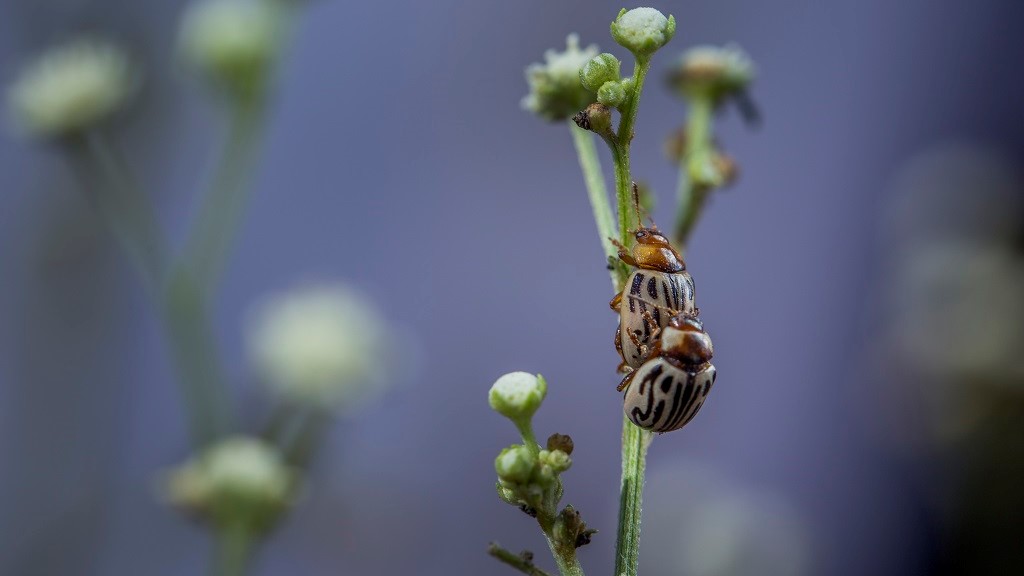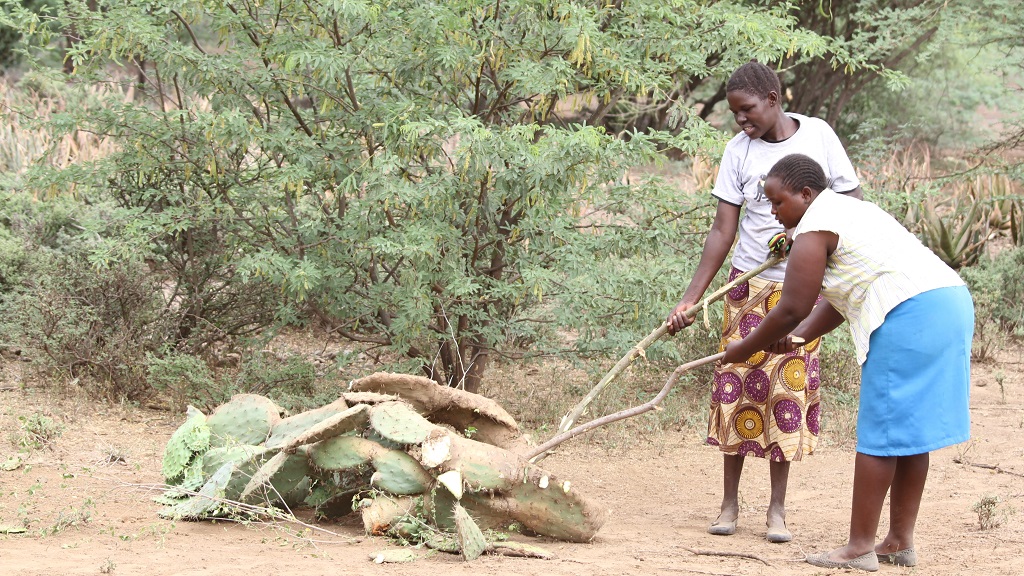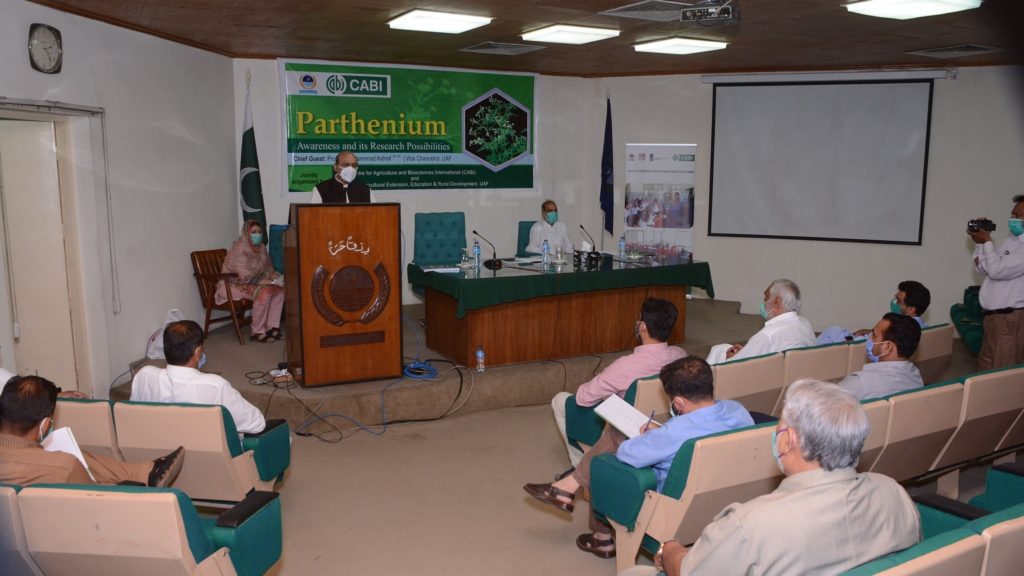Remote sensing of highly invasive Parthenium weed in Pakistan
Parthenium is a highly invasive plant species. It threatens agricultural productivity, biodiversity, and human and animal health wherever it takes root. In Pakistan, it’s called famine weed because of its devastating impact on crop yields and livelihoods.
Do invasive species impact men and women differently?
We know that invasive species – whose introduction and spread threaten biodiversity – disproportionately affect communities in poor rural areas who depend on agriculture and natural resources for their livelihood. But do gender roles and relationships in agriculture influence the way men and women experience the impact of invasive species?


